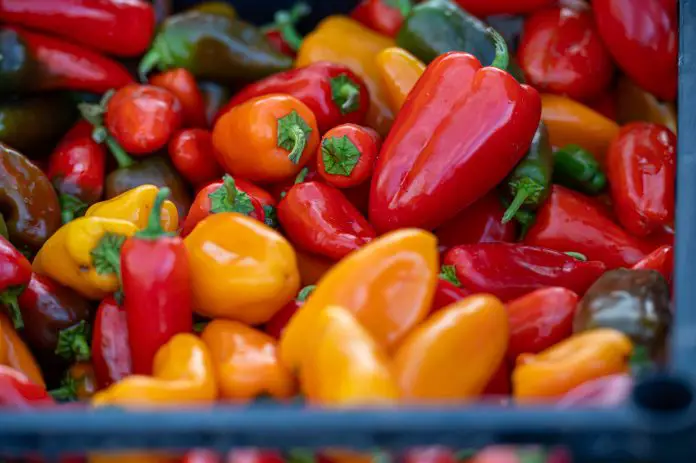Key Takeaways
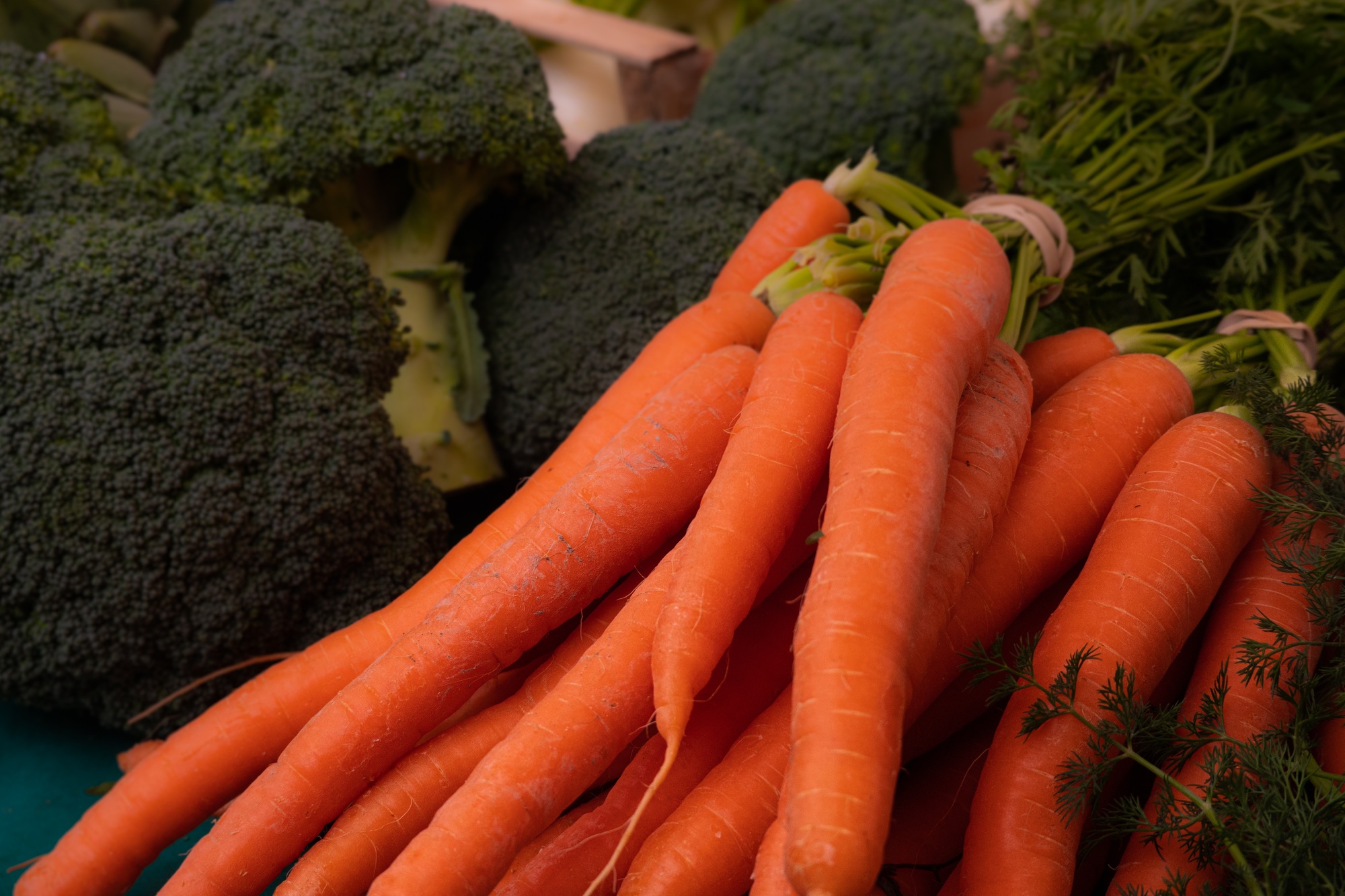
- Understand Market Types: Familiarize yourself with the different types of farmers markets, including producers-only, wholesale, craft and specialty, and mixed-use markets, to tailor your strategy effectively.
- Engage with Customers: Build trust and loyalty through direct customer interactions, effective communication, and by sharing your product stories to foster memorable experiences.
- Prepare Your Products Wisely: Choose fresh, high-quality items based on local preferences, and set competitive prices that reflect your costs while appealing to customers.
- Design an Inviting Booth: Create a visually appealing booth layout with clear signage, comfortable browsing space, and essential supplies to enhance customer experience.
- Utilize Marketing Strategies: Promote your booth through eye-catching displays, social media engagement, and special promotions to attract more visitors to your offerings.
- Stay Compliant: Ensure you have the necessary permits, licenses, and adhere to health and safety regulations to operate legally and maintain a positive reputation at farmers markets.
Selling at a farmers market can be an exciting way to connect with your community while sharing your passion for fresh produce and handmade goods. Whether you’re a seasoned vendor or just starting out, understanding the ins and outs of the market can make all the difference in your success.
Imagine setting up your booth, surrounded by vibrant colors and the enticing aroma of fresh herbs. You’ll not only showcase your products but also create an experience that draws customers in. With the right strategies in place, you can turn casual shoppers into loyal fans eager to support your business. Get ready to explore essential tips that’ll help you thrive in this bustling marketplace.
Understanding Farmers Markets
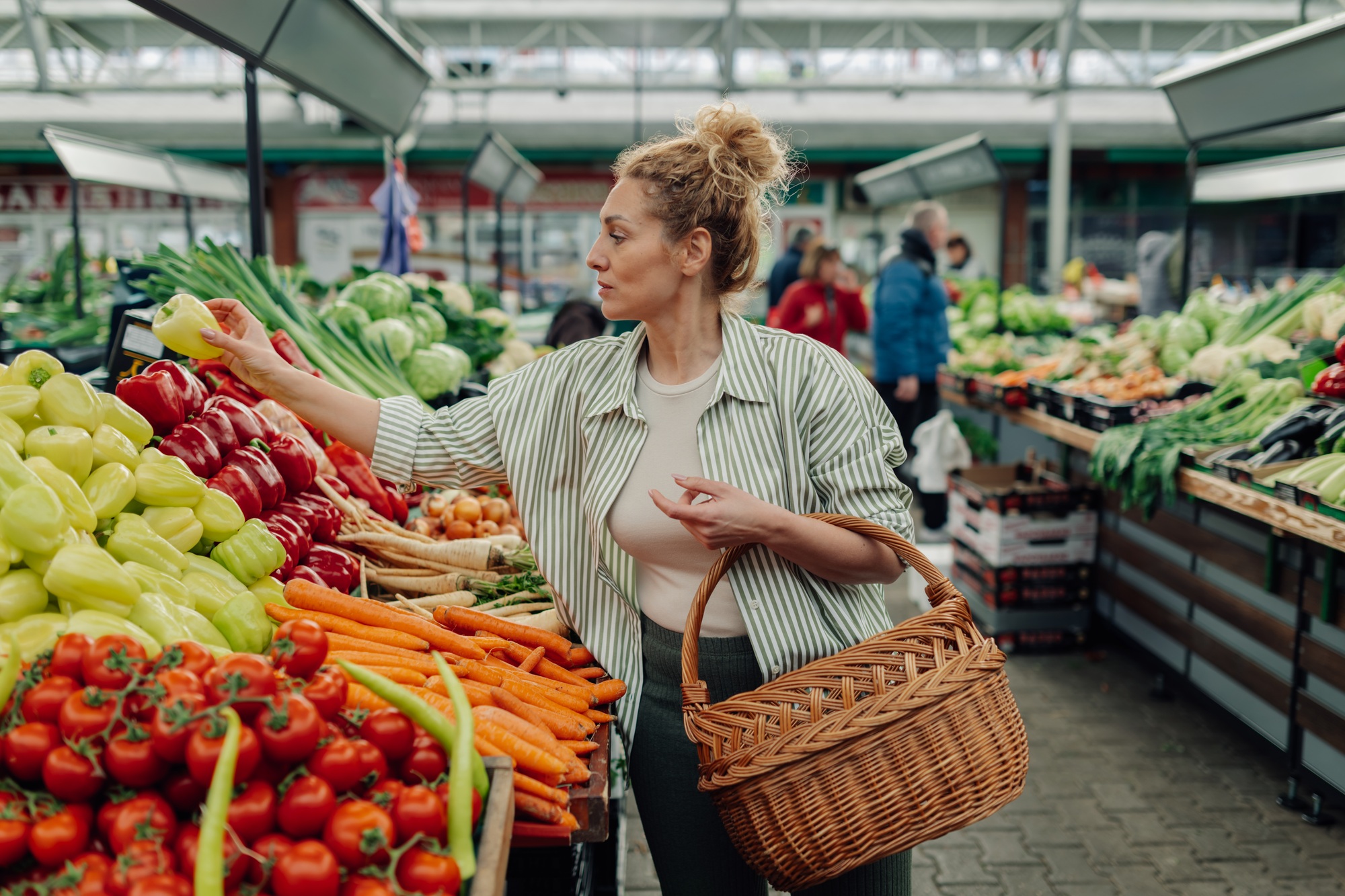
Farmers markets serve as vibrant community hubs where small business owners sell fresh produce and handmade goods. Understanding the various market types and benefits helps you maximize your selling potential.
Types of Farmers Markets
- Producers-Only Markets: These markets allow only farmers and producers to sell their goods. They emphasize the relationship between buyers and sellers.
- Wholesale Markets: These focus on bulk sales for retail businesses. They cater to restaurants and grocery stores looking for fresh supplier options.
- Craft and Specialty Markets: These markets attract small businesses selling handmade items, artisan foods, and unique products, catering to niche audiences.
- Mixed-Use Markets: These blend food vendors, farmers, and craftspeople, providing a diverse shopping experience.
Benefits of Selling at Farmers Markets
- Direct Customer Interaction: Engaging directly with customers builds trust and loyalty, essential for running a small business.
- Local Marketing: Farmers markets serve as platforms for effective local marketing, helping you reach community members invested in supporting small businesses.
- Feedback Opportunities: You gain valuable feedback through conversations with potential customers, allowing you to refine your offerings and meet local preferences.
- Lower Overhead Costs: Selling at farmers markets typically incurs lower costs compared to conventional retail spaces, making it feasible for a small business to operate.
- Networking Potential: You can connect with other small business owners, forming partnerships and sharing insights about effective market strategies.
Preparing Your Products
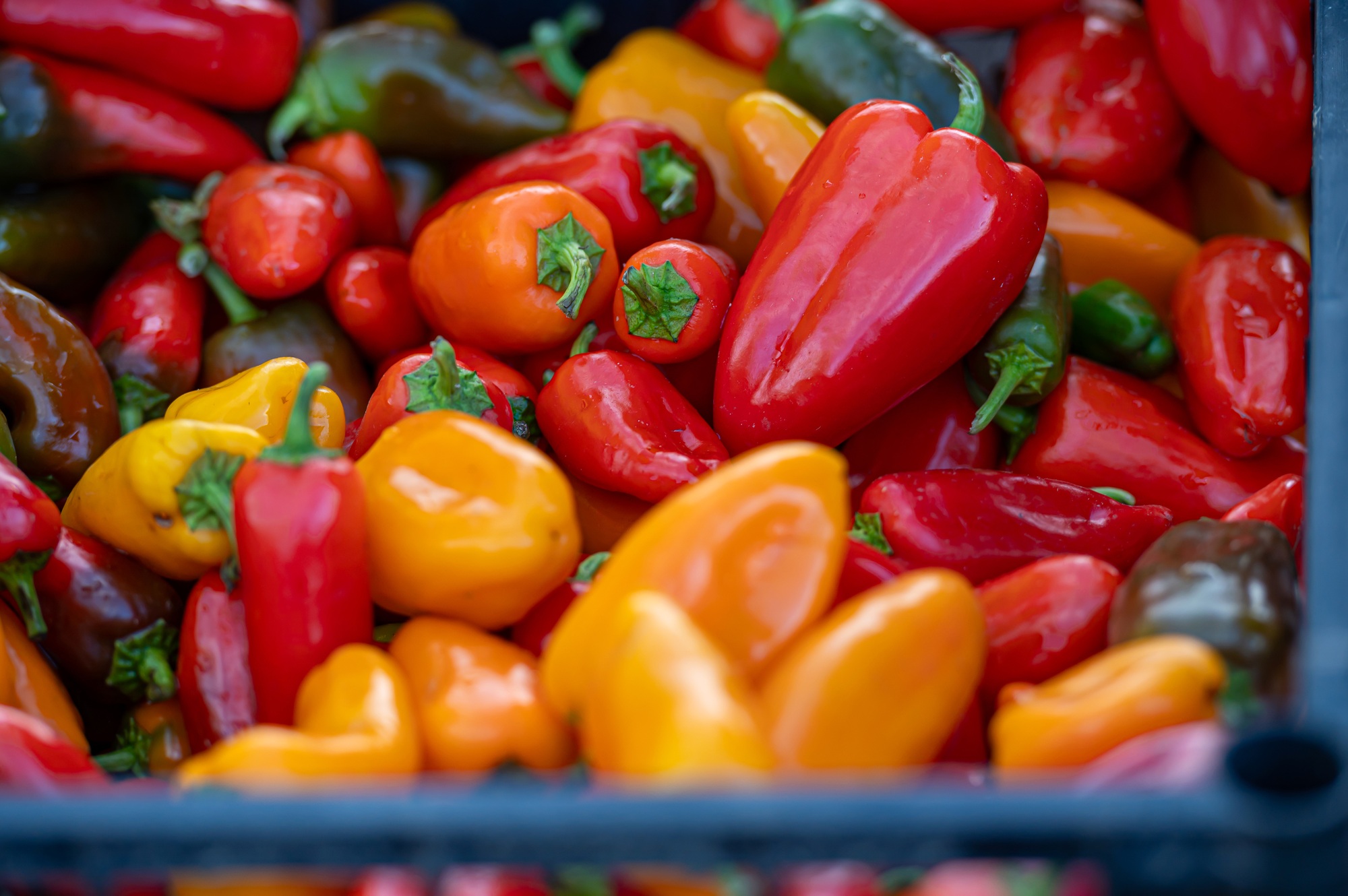
Preparation plays a crucial role in achieving success at a farmers market. Focus on quality, selection, and presentation to engage customers effectively.
Choosing What to Sell
Select fresh, high-quality produce that’s in season and at its peak. Consider local preferences and trends when deciding on products. Offer a variety of items, such as fruits, vegetables, herbs, or handmade goods, to appeal to a broader audience. Reviewing competitors’ offerings can help identify gaps in the market. Tailor your selection based on customer feedback, ensuring you’re running a small business that meets local demands.
Pricing Your Products
Establish competitive yet profitable prices for your items. Research similar products in the market to gauge pricing. Factor in production costs, including labor, materials, and overhead, when setting prices. Utilize clear labeling and pricing, making it easy for customers to make purchasing decisions. Offer bundled deals or discounts to encourage larger purchases while maintaining profitability.
Setting Up Your Booth
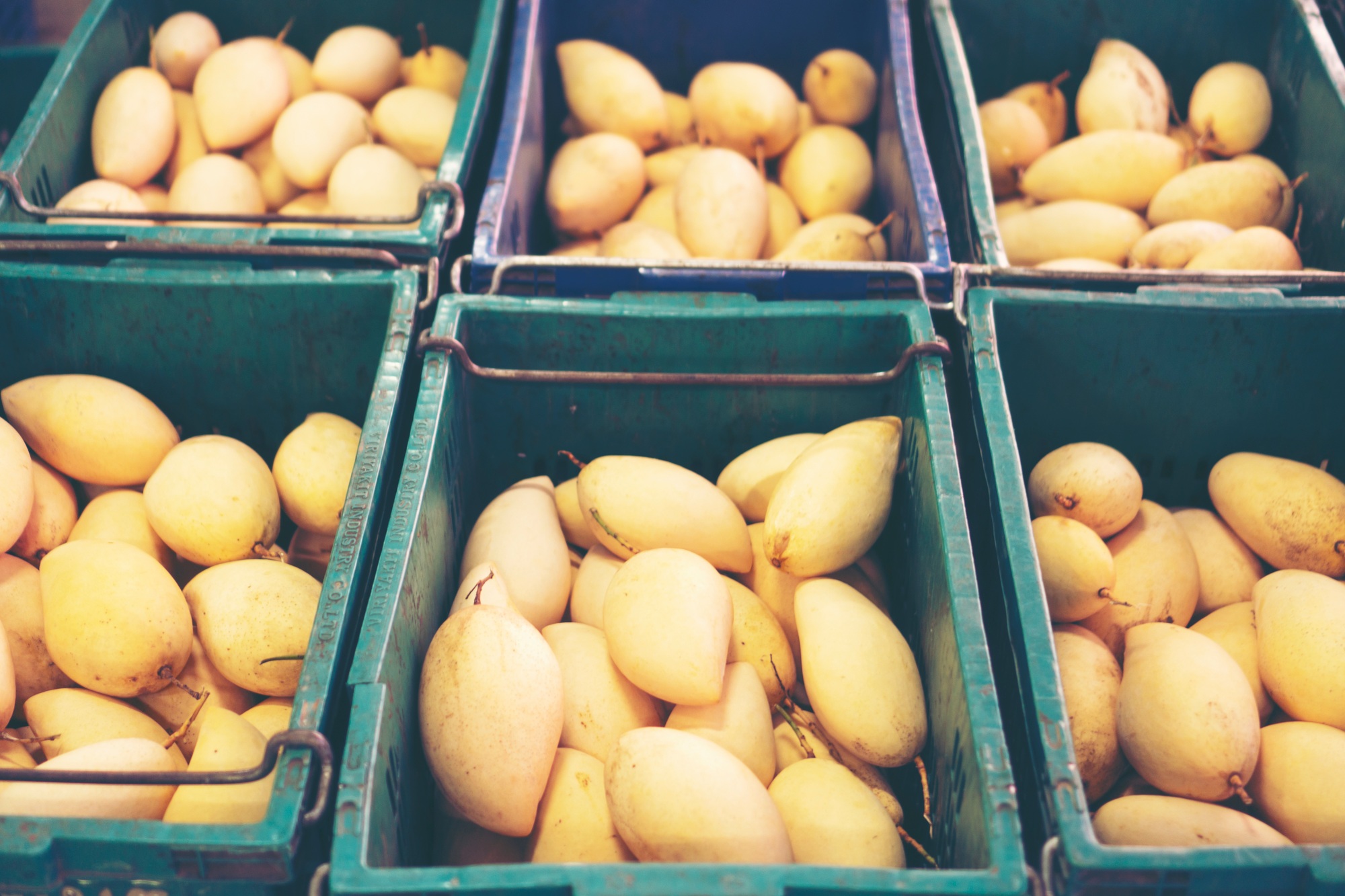
Setting up your booth effectively can significantly enhance your success as a vendor at a farmers market. Focus on design, layout, and essential supplies that attract customers and promote your small business.
Booth Design and Layout
- Use natural elements like plants and bouquets to create a visually appealing atmosphere.
- Arrange products at varying heights to encourage exploration and interest.
- Display your branding prominently to enhance recognition and trust.
- Ensure easy access to products, avoiding clutter that may deter customers.
- Incorporate comfortable space for customers to browse and interact with you.
Essential Supplies
- Bring enough tables and chairs to create a welcoming space for customers and you.
- Use quality signage to convey product information and prices clearly.
- Provide bags for customer purchases, ensuring convenience and professional service.
- Include necessary tools, such as scales and cash boxes, for smooth transactions.
- Prepare for changing weather by having tents or canopies for shade or protection.
Thorough planning helps streamline your operations and enhances the customer experience at the farmers market, aiding in the growth of your small business.
Engaging with Customers

Engaging customers is crucial for small business success at farmers markets. Focus on creating memorable interactions that encourage return visits and promote your products effectively.
Effective Communication
Communicate clearly and confidently to connect with your customers. Use engaging language that welcomes inquiries about your products. Use eye contact and a friendly tone to make customers feel valued. Listen actively to their needs and preferences, which fosters trust and enhances their shopping experience. Share stories about your products, such as sourcing details or artisan techniques, to captivate your audience.
Building Relationships
Build lasting relationships with your customers through personalized interactions. Use personal invitations to encourage repeat visits to your booth. Remember names and details about their preferences to create a welcoming environment. Consider sending follow-up messages or offers to loyal customers to show appreciation. Engaged customers not only promote your small business through word-of-mouth but also become repeat shoppers, increasing your overall sales.
Marketing Strategies
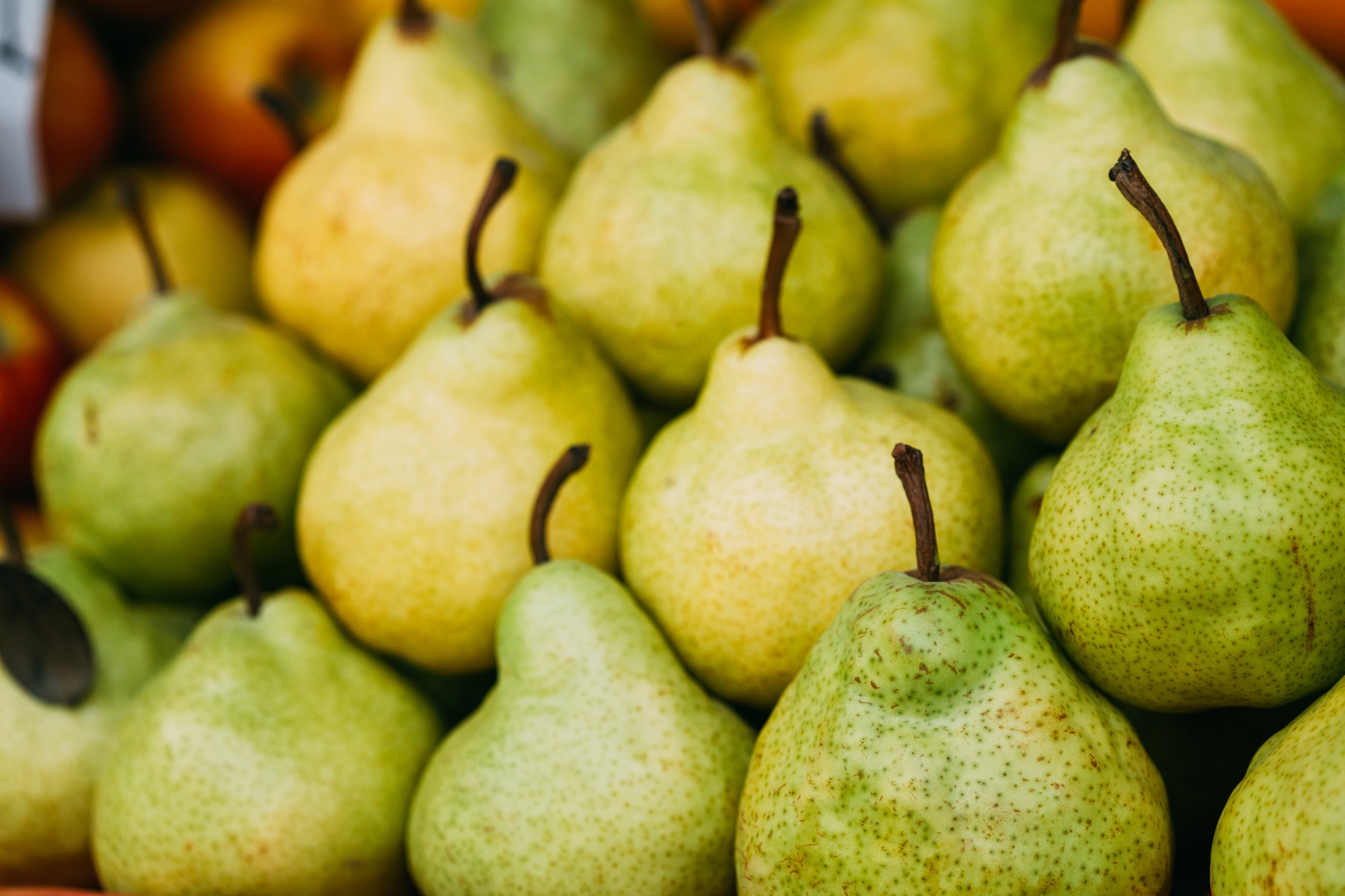
Effective marketing strategies play a crucial role in your success at a farmers market. You can implement various techniques to enhance visibility, engage customers, and drive sales.
Promoting Your Booth
Attracting customers starts with an appealing booth display. Use a sign featuring your farm or business name, ensuring it’s visible and legible from a distance. Display high-quality, clean products and maintain organization through baskets, crates, and shelves that create a sense of abundance. Colorful tablecloths and seasonal decorations can grab attention and enhance the aesthetic appeal. Offering free samples engages potential customers, creating an emotional connection with your products and encouraging them to make purchases.
Utilizing Social Media
Social media platforms are powerful tools for promoting your presence at the farmers market. Share regular updates about your offerings, special promotions, and market days on platforms like Instagram and Facebook. Create engaging content that showcases your products in action, such as recipes or behind-the-scenes footage of your small business. Encourage customers to tag your business in their posts, which increases your reach and fosters community engagement. Using relevant hashtags can expand your audience, drawing more potential buyers to your booth.
Legal Considerations

Understanding legal considerations when selling at a farmers market is essential for your small business. This section outlines the necessary permits, licenses, and health and safety regulations to ensure compliance.
Permits and Licenses
You must acquire the appropriate permits and licenses before selling at a farmers market. This often involves submitting an application that details your products, their ingredients, and sourcing information. Generally, proof of ownership or lease agreements, farm or production facility maps, and liability insurance documentation are required. Consult local regulations to identify specific licenses you need to operate legally at farmers markets.
Health and Safety Regulations
You must comply with health and safety regulations to protect customers and uphold your small business’s reputation. These regulations may cover product safety, sanitation standards, and food handling practices. Ensuring proper storage of perishable items and maintaining a clean booth environment can prevent foodborne illnesses and enhance customer satisfaction. Familiarize yourself with the local health department’s guidelines to avoid potential fines or setbacks in your market operations.
Conclusion

Selling at a farmers market can be a rewarding venture that connects you with your community while showcasing your products. By understanding the dynamics of the market and preparing effectively, you can create an inviting atmosphere that attracts customers and encourages repeat visits.
Engaging with shoppers through storytelling and personalized interactions builds trust and loyalty, turning casual buyers into dedicated fans of your brand.
With the right marketing strategies and a keen awareness of legal requirements, you can navigate the farmers market landscape successfully. Embrace this opportunity to grow your business and make a lasting impact in your local community.
Frequently Asked Questions

What are the benefits of selling at a farmers market?
Selling at a farmers market allows for direct customer interaction, fostering trust and loyalty. It also offers effective local marketing, valuable customer feedback, lower overhead costs compared to traditional retail, and networking opportunities with other small business owners.
How do I prepare for a farmers market?
Preparation involves selecting fresh, high-quality, in-season products, reviewing competitors, and establishing competitive prices. Clear labeling, effective presentation, and creating an inviting booth atmosphere are crucial for engaging customers effectively.
What types of farmers markets are there?
Farmers markets vary in type, including producers-only, wholesale, craft and specialty, and mixed-use markets. Each type offers unique opportunities based on product focus and customer demographics.
How should I set up my booth?
Design your booth to be visually appealing using natural elements and varying heights for product displays. Ensure your branding is prominent, and have essential supplies like tables, chairs, and signage to create a welcoming environment.
What marketing strategies are effective at farmers markets?
Effective strategies include an attractive booth display, offering free samples, and utilizing social media platforms like Instagram and Facebook for promotions. Engaging content can draw more visitors to your booth.
What legal considerations should I keep in mind?
Acquire necessary permits and licenses for selling at farmers markets. Familiarize yourself with local health department guidelines, secure liability insurance, and ensure compliance with health and safety regulations to avoid fines.
How can I engage with customers effectively?
Engage customers through clear communication, active listening, and sharing product stories. Building relationships, remembering preferences, and following up can encourage repeat visits and increase word-of-mouth marketing.
Image Via Envato: YuriArcursPeopleimages, christinesmitth, thichas, Great_bru, naokawa, ckstockphoto, akophotography, zamrznutitonovi, thobry


